Do you need a digital cable box?
Today, digital television is increasingly ousting its competitors from the media market. Already this year, all federal channels will switch to digital broadcasting. In this regard, many people have a question: how will the changes affect their everyday life? No matter how big the so-called “Internet party” is in the country, there are still many people who prefer getting information from TV.
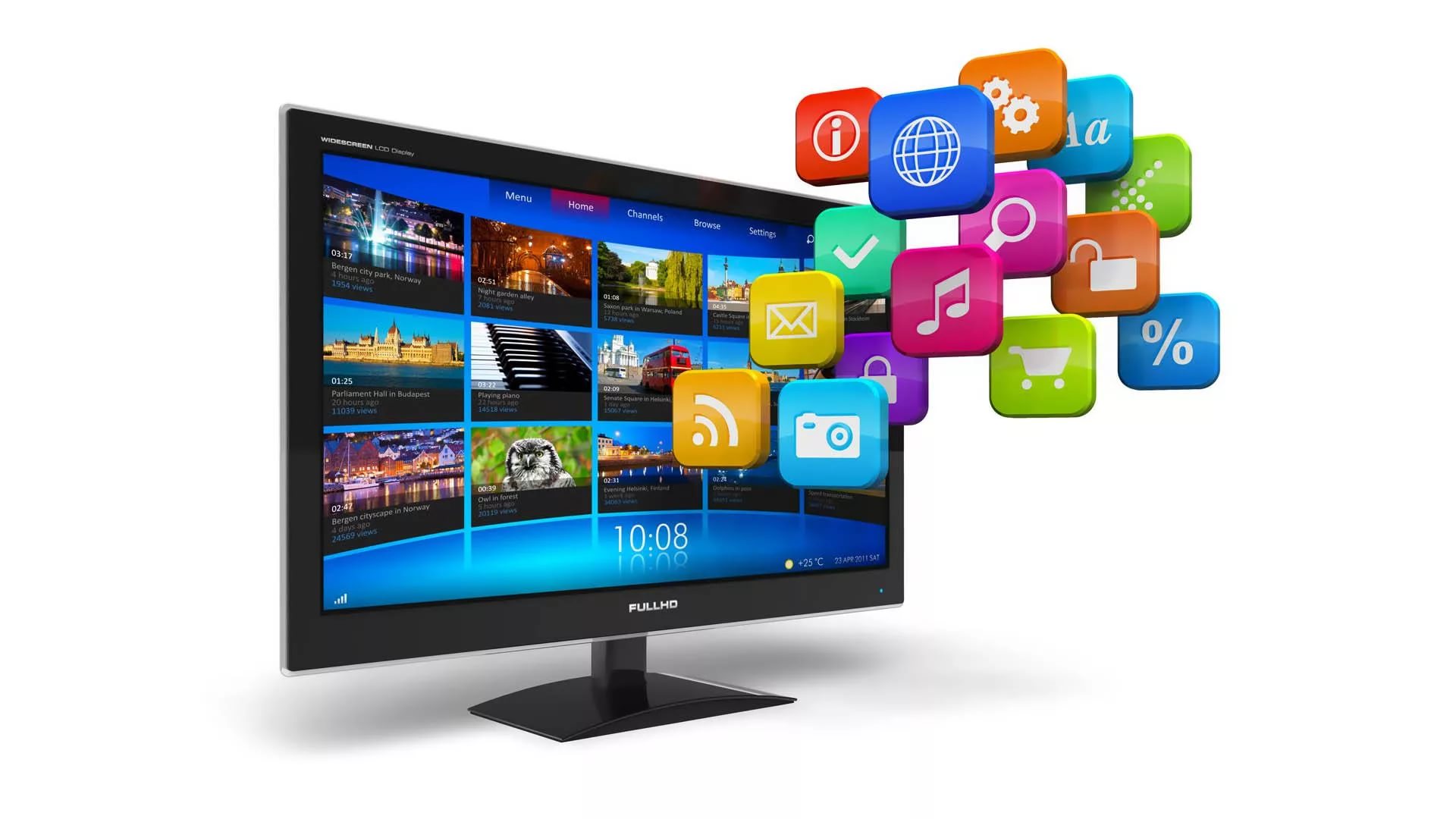
The content of the article
Do you need a set-top box if you have cable TV?
When considering the problem of purchasing a set-top box for receiving digital television on “age” models of television receivers, the consumer, as a rule, has several questions. The main one is Do cable TV subscribers need to purchase a digital set-top box?
Let's look at this in more detail.
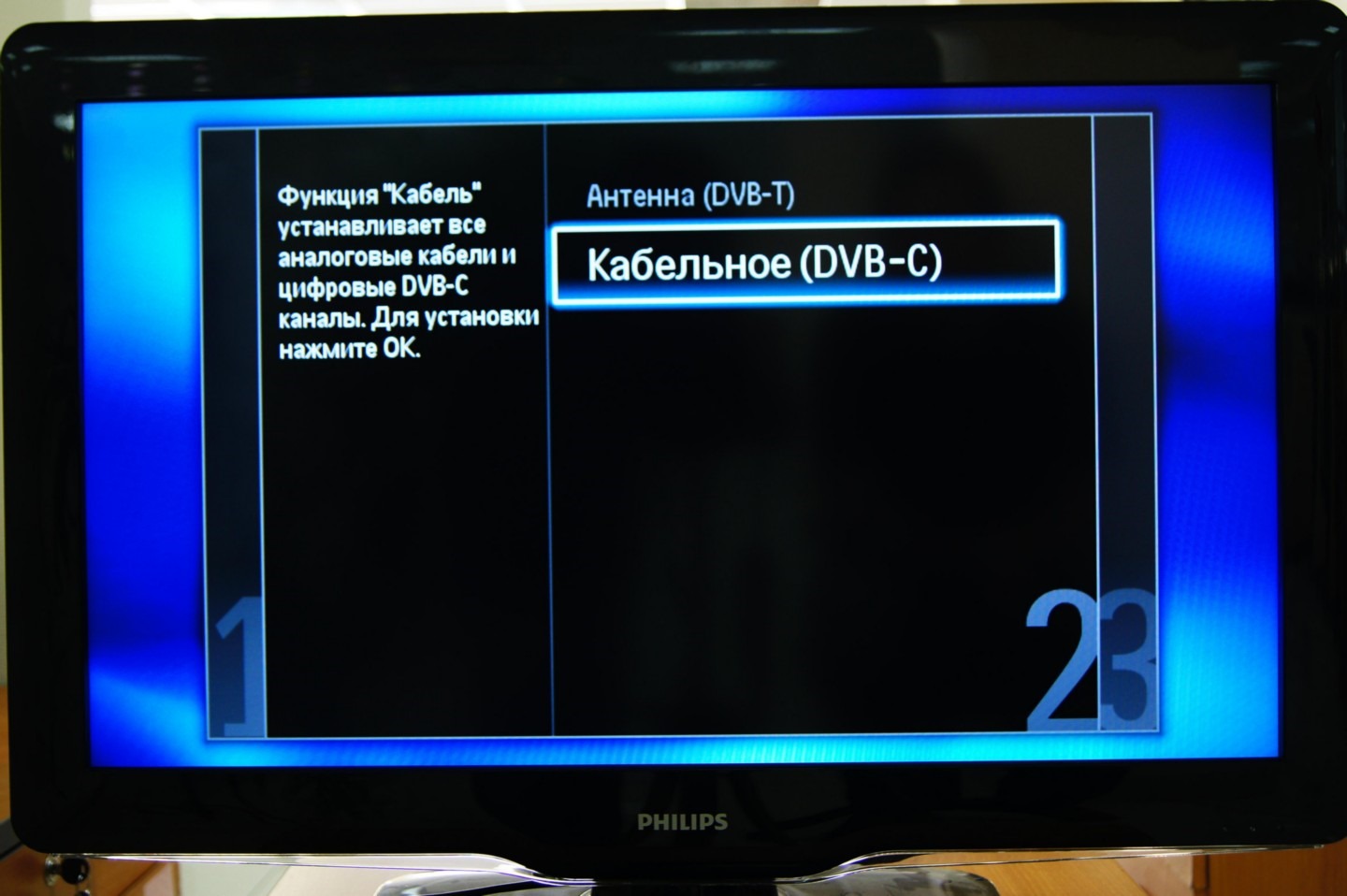
What is unique about cable TV?
To clarify this issue, let us first clarify what this option for receiving transmissions is.
Such a system once replaced the analog one, incorporating something from its predecessor.
REFERENCE. Cable television is a closed television signal transmission system. It is distributed via fiber optic wire.
It is much more resistant to interference than its predecessor, analog TV.
In this case, a DVB-C or DVB-C2 wire is used, respectively, the first and second generation of broadcast technologies.
Initially, the signal of cable television was similar to that of analogue. This made it possible to change one broadcasting method to another quite cheaply. At the same time, signal reception via subscription worked well even on devices that were not able to fully reveal the full potential of the signal.
In the course of its development, analog signal transmission began to be first supplemented and then completely replaced by digital.
Why cable TV owners don't need a set-top box
The answer to the question lies in the loud formulation of Andrei Romanchenko, the general director of the domestic television and radio broadcasting network, uttered this year. According to the statement, broadcasting via analogue television lines from the Ostankino Tower will be completely stopped in the near future.
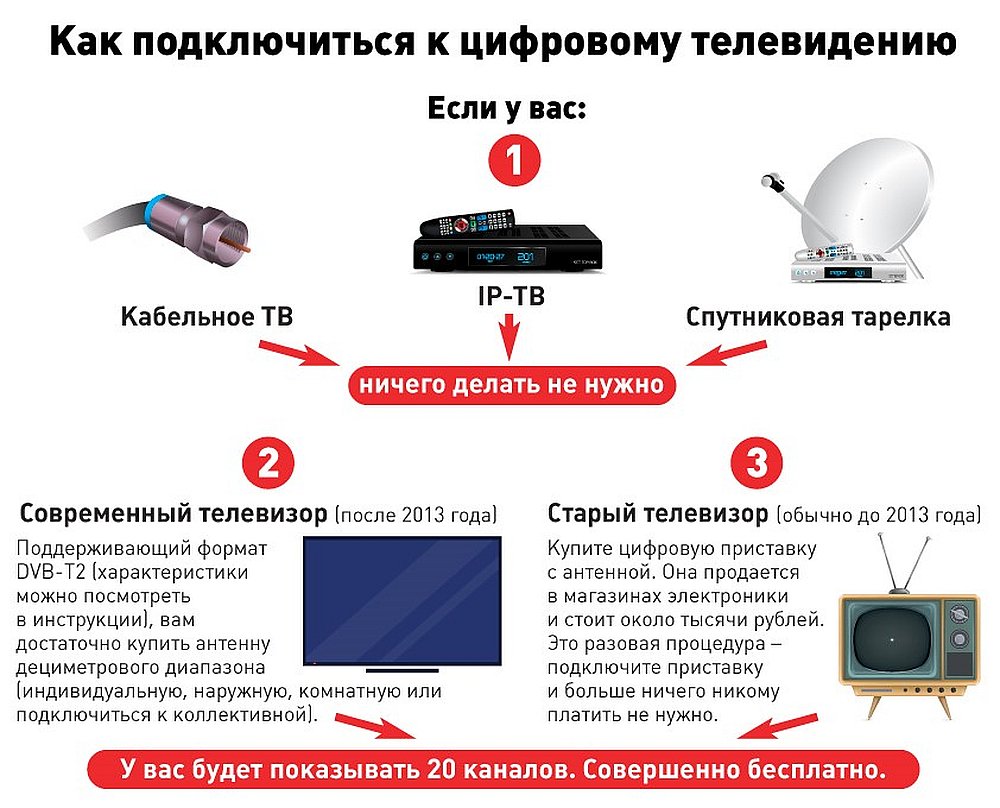
The TV signal is transmitted to the end subscriber through a network of fiber optic broadband lines. They receive the signal directly from a satellite or television studios.
The received signal will be converted into one that will be received by subscribers without interference.
Thus, it becomes obvious that the innovations will not affect cable TV subscribers.
IMPORTANT! Unless you plan to cancel your cable subscription, you don't need an additional set-top box to watch digital.
What happens if the owner of cable TV switches to digital TV
Do I need to keep my subscription? Or leave everything as it is? The subscriber makes this decision himself. To make the best choice for yourself, you need to consider the following.
- By unsubscribing, you will receive some benefits. The very first thing that catches your eye, of course, is number of possible channels. If cable has no more than 200 of them, then digital television has an unlimited number of them. And besides, there is a free package of 20 channels.
- But if the subscription required almost no special equipment, then digital will require the purchase of a set-top box or TV with DVB-T/T2 connectors.
According to Andrey Romanchenko, After the transition to digital television, the question of maintaining a cable television subscription remains with the end user.

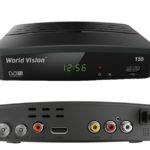
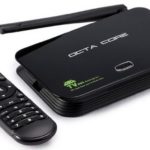
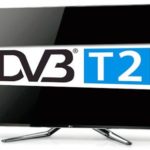
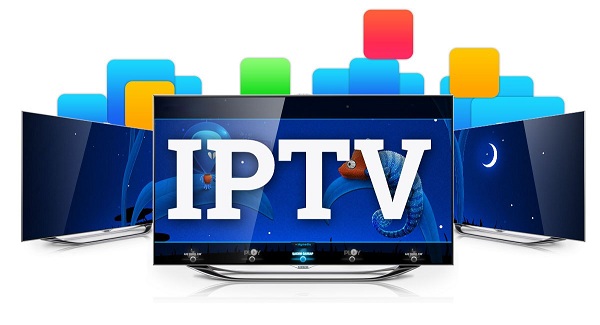
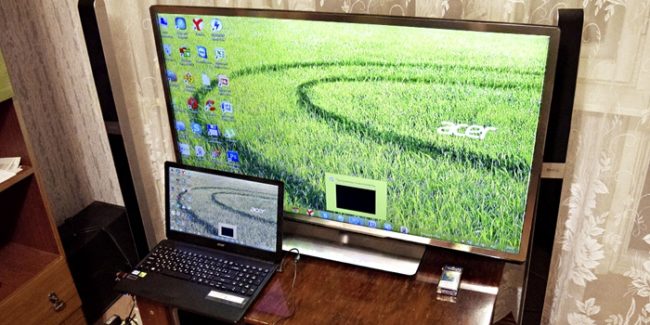
Today the question is where to connect it so that 20 channels are free?